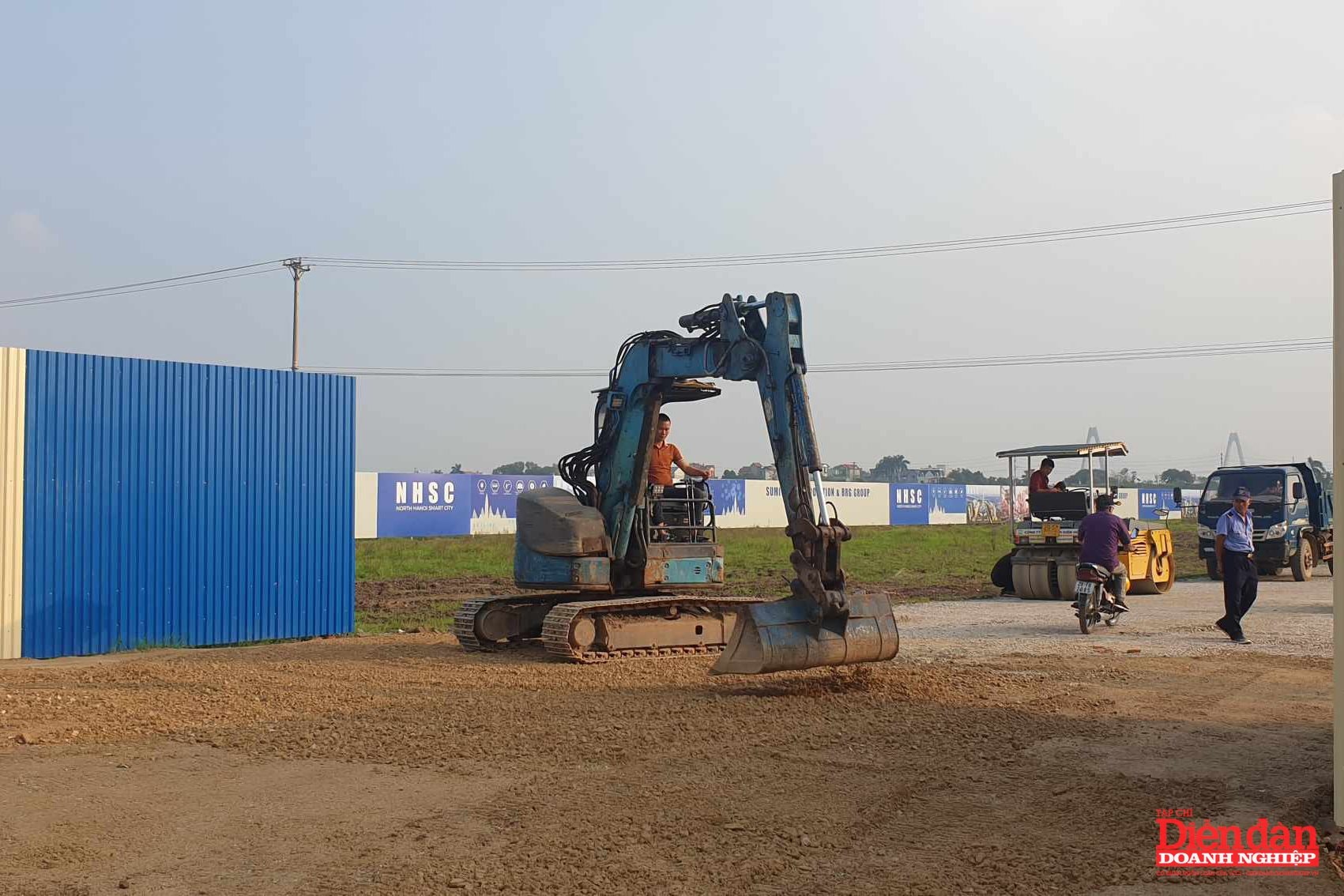New land price framework needs flexible implementation
Experts advise that the implementation of the new land price framework should be adaptable and customized for various projects, stakeholders, and socioeconomic situations.

New land price framework should be adjusted flexibly to suit various stakeholders and land-use purposes. Photo: DH
This approach not only harmonizes the interests of the government, businesses, and citizens but also fosters sustainable development.
A Need for a Comprehensive Land Pricing Policy
The government-issued land price framework has been the legal foundation for creating municipal land price tables for the last 20 years. However, because the prices in these tables are typically lower than actual market values, this methodology has shown serious shortcomings. A significant reform was implemented in 2022 with Resolution No. 18-NQ/TW, which eliminated the land price framework and gave provinces and cities greater control over the creation of land price tables.
This approach has been institutionalized by the Land Law 2024, which gives localities the legal basis to develop land pricing tables that more accurately represent the market. Higher land prices, however, put financial strain on individuals and companies in addition to having an effect on land resources.
According to Prof. Dr. Dang Hung Vo, former Deputy Minister of Natural Resources and Environment, higher land prices mean increased costs for fulfilling financial obligations such as taxes, fees, or land-use conversion. For businesses, higher input costs will lead to increased product prices, reducing the affordability of housing for citizens.
In the context of rising housing prices, market-based land price lists are necessary but must be applied flexibly. Prof. Dang Hung Vo suggested that the government should develop a land pricing policy tailored to different stakeholder groups and projects. For instance, key projects or priority sectors like social housing could benefit from lower land prices or even land-use fee exemptions to support low-income individuals.
Principles Without Uniform Application
The true market worth of land-use rights should be reflected in a uniform land price framework. Market prices shouldn't, however, be applied consistently in every situation. Reducing input land costs for priority industries like manufacturing or the building of social housing would help cut output product costs, which would improve economic competitiveness, according to Prof. Dr. Dang Hung Vo.

Additionally, special cases, such as rural households converting garden or pond land to residential land, should receive support to ensure alignment with their income and intended use.
One of the biggest challenges today is determining market-based land prices. While actual transaction values are often well-known by the public, the mechanism for recording these values in transfer contracts remains ineffective. Prof. Dang Hung Vo suggested learning from industrialized nations. In civil law systems, notaries only validate contracts if the stated value aligns with market prices. In common law systems, the parties involved must hire independent valuation services and are responsible for the transaction value.
"Notaries may only authenticate real estate transaction contracts when the stated value matches market value," according to the Civil Law System's legal requirements. In order to submit a valuation certificate and assume liability for the stated transaction price, the parties to a transaction must use independent real estate valuation services under the Common Law System.
Regulatory agencies will have the resources they need to ascertain trustworthy market prices for particular land parcels over a predetermined time frame after real estate transaction values are precisely documented and included into a market-based land price database. This is essentially a statistical hypothesis-testing problem that can be resolved with software that is readily accessible.
The expert suggested that Vietnam could adopt similar solutions to build a reliable market-based land price database. This would enable regulatory bodies to use statistical tools to determine land market prices for specific times and areas.








